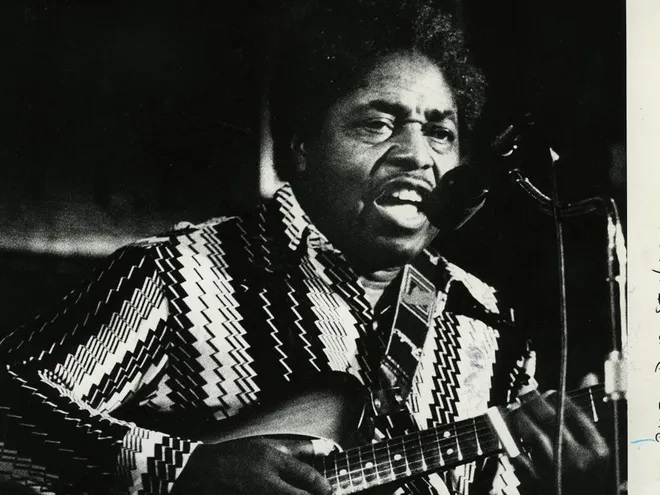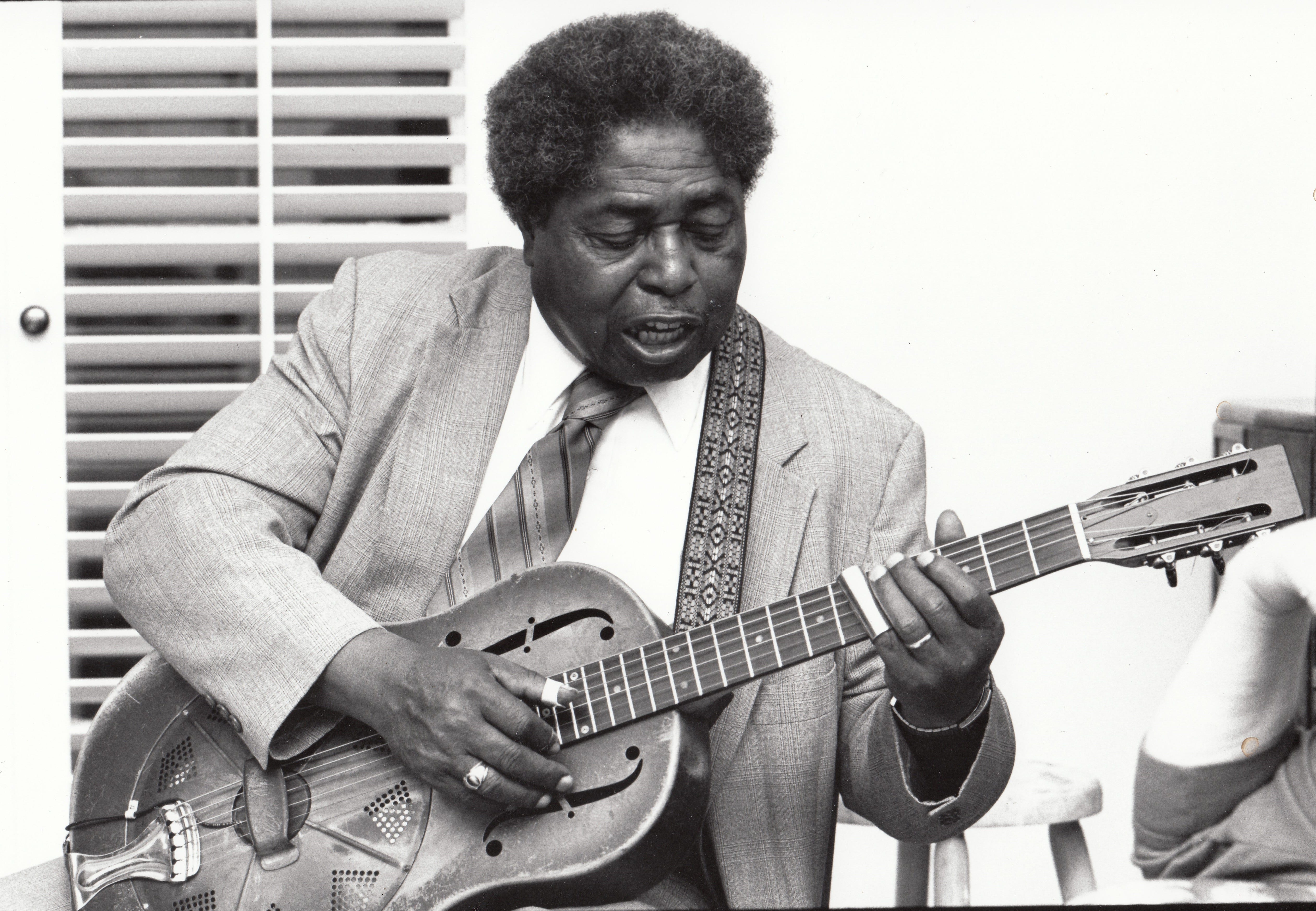Johnny Shines was an influential American blues musician whose powerful voice and masterful guitar skills left a lasting impact on the blues genre. A close companion of Robert Johnson and an artist in his own right, Shines helped bridge the gap between the Delta blues and the emerging Chicago blues style.
Early Life and Musical Beginnings
John Ned Shines was born on April 26, 1915, in Frayser, Tennessee, near Memphis. He grew up in a musical environment and was deeply influenced by early blues artists, particularly Blind Lemon Jefferson and Lonnie Johnson. As a young man, he worked as a sharecropper but developed a passion for music that would soon shape his life.
Journey with Robert Johnson
In the mid-1930s, Shines met the legendary bluesman Robert Johnson. The two musicians traveled together across the South, playing in juke joints and street corners. Johnson’s unique style greatly influenced Shines, who later became one of the key figures in preserving Johnson’s musical legacy. Their travels took them as far as Canada, and Shines often spoke of Johnson’s talent and mysterious persona in later interviews.
Move to Chicago and Recording Career
By the early 1940s, Shines had settled in Chicago, where he adapted his Delta blues roots to the city’s more electrified blues scene. He performed alongside icons such as Muddy Waters and Howlin’ Wolf. In 1946, he recorded for Columbia Records, but his recordings were never released. It wasn’t until the late 1950s that his music gained wider recognition, thanks to recordings made by blues historian Sam Charters.
Shines released his first full album, Standing at the Crossroads, in 1966, which showcased his deep connection to the Delta blues tradition. He followed it with several critically acclaimed records, including Traditional Delta Blues (1968) and Too Wet to Plow (1975). His expressive vocals and intricate slide guitar playing set him apart as a premier blues artist.
Later Years and Legacy
As the blues revival of the 1960s and 1970s gained momentum, Shines toured extensively, performing at major festivals and collaborating with younger blues musicians. Despite suffering a stroke in the 1980s that limited his guitar playing, he continued to perform, sometimes accompanied by his protégé, Kent DuChaine.
Johnny Shines passed away on April 20, 1992, leaving behind a rich blues legacy. He was posthumously inducted into the Blues Hall of Fame in 1992, recognizing his immense contributions to the genre. His recordings remain essential listening for blues enthusiasts, and his influence can still be heard in modern blues music.
Johnny Shines’ life and work embody the deep, soulful essence of the blues, ensuring his place among the greatest figures in American music history.


No responses yet